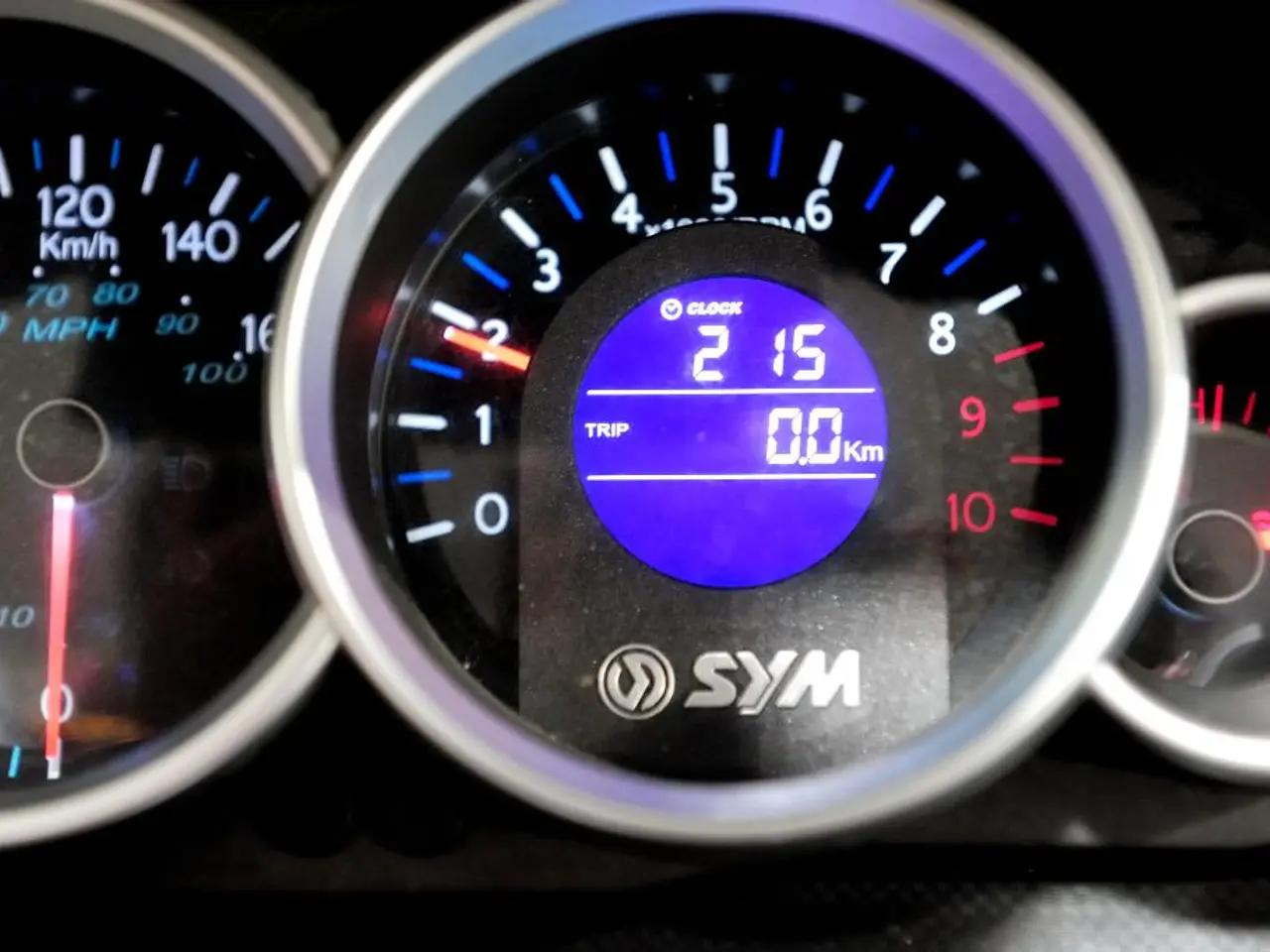Speeding motorist issued a $1,000 fine for reaching astonishing 199 mph on the German Autobahn
On July 28, an unidentified motorist made headlines by driving at a staggering speed of 320 kph (199 mph) on the Autobahn west of Berlin, shattering the previous record for the highest speed ever recorded on Germany's famous highway. This incident took place along the A2 highway near Burg, and the section where the record-breaking driver was caught has a speed limit of 120 kph (74.5 mph).
The motorist's reckless driving was detected by an "Enforcement Trailer," a device used by German authorities to monitor speeding. As a result, the driver was issued a hefty fine of 900 euros ($1,043) and lost two points from their driver's license. In addition, the German authorities imposed a three-month driving ban on the motorist.
The incident has reignited the ongoing debate about speed limits on the Autobahn. Proponents of speed limits argue that high speeds significantly increase the risk and severity of accidents. The record case of a motorist caught driving at 199 mph (321 kph) on a section with a 120 kph (74.5 mph) limit highlights the potential dangers of unrestricted speed zones.
On the other hand, supporters of no speed limits argue that the Autobahn's fame as a section without speed limits is deeply rooted in Germany's driving culture and tradition. They value the freedom and driving experience it offers. Some also argue that removing speed limits on certain stretches can improve traffic flow and reduce congestion by allowing faster travel where conditions permit.
Currently, about 30% of the Autobahn network is already subject to speed limits, indicating recognition of safety or environmental concerns in many sections. The heavy fines and driving bans for extreme speeding also show law enforcement's commitment to controlling dangerous behavior, suggesting the value of speed limits to support public safety.
The debate between road safety and accident prevention on one hand and driving culture and traffic efficiency on the other continues, with both sides presenting compelling arguments. As the Autobahn remains a symbol of German engineering and efficiency, the ongoing discussion about speed limits will undoubtedly shape its future.
[1] Road Safety Foundation. (2021). The Debate Over Speed Limits on Germany's Autobahn. Retrieved from https://www.roadsafetyfoundation.org.uk/news/the-debate-over-speed-limits-on-germany-s-autobahn/ [2] BBC News. (2021). Record-Breaking Speeding Incident on the Autobahn. Retrieved from https://www.bbc.com/news/world-europe-58232817 [3] The Guardian. (2021). Speeding on the Autobahn: The Debate Over Limits. Retrieved from https://www.theguardian.com/world/2021/jul/29/speeding-on-the-autobahn-the-debate-over-limits
- The world has taken notice of the record-breaking speeding incident on the Autobahn, a portion of Europe's famous highway located in Germany, which has sparked widespread discussions about road safety and general news regarding car-accidents.
- The sports sector might benefit from analyzing the ongoing debate about speed limits on the Autobahn, as it presents a unique case study on the correlation between speed, risk, and traffic efficiency.
- On a larger scale, the controversy about speed limits on the Autobahn highlights the importance of balancing accident prevention with maintaining cultural traditions, as well as the need for effective global strategies in addressing accidents on major highways around the world.





